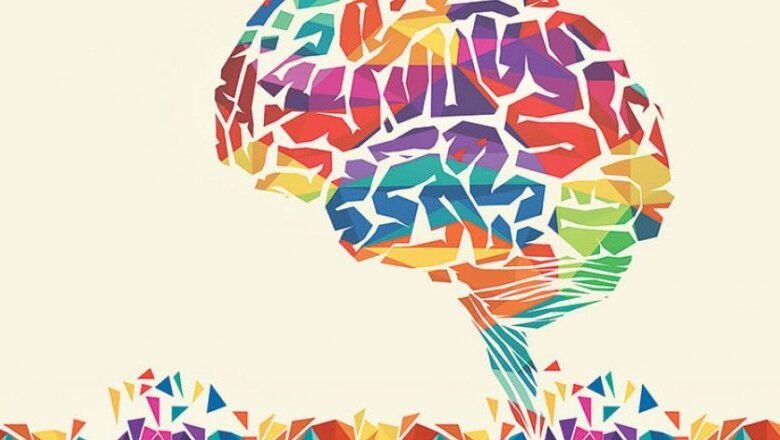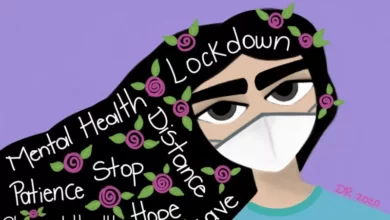The Importance of Art Education

Art education is a vital aspect of any education curriculum as it provides various benefits that go beyond the classroom. The integration of art education can have a significant impact on a student’s intellectual and emotional development, social skills, and even career prospects. This article delves into the importance of art education and the benefits it provides to students.
Introduction
In this section, we will introduce the topic of art education, its relevance in today’s educational system, and its importance to the overall growth and development of students.
Enhancing Creativity
Art education helps students develop their creativity and imagination by encouraging them to think outside the box. It provides them with the freedom to express their thoughts and emotions through various art forms, such as painting, sculpture, and dance.
Improving Problem-Solving Skills
Art education teaches students to observe, analyze, and interpret their surroundings, which helps them develop critical thinking and problem-solving skills. These skills can be applied to various fields, including science, technology, engineering, and mathematics (STEM), making art education an important component of STEAM (science, technology, engineering, art, and mathematics) education.
Fostering Cultural Understanding
Art education exposes students to different cultures, traditions, and perspectives, helping them develop a sense of empathy and understanding towards diverse communities. This promotes cultural awareness and acceptance, which is essential in today’s globalized world.
Boosting Emotional Intelligence
Art education helps students develop their emotional intelligence by providing them with a safe space to express their feelings and emotions. This can help them build healthy relationships, manage stress and anxiety, and develop empathy towards others.
Encouraging Innovation and Entrepreneurship
Art education fosters an entrepreneurial mindset by teaching students to identify problems and come up with innovative solutions. This can help them develop new products and services, leading to the creation of new businesses and job opportunities.
Enhancing Academic Performance
Art education has been found to have a positive impact on academic performance, especially in reading, writing, and mathematics. Studies have shown that students who participate in art programs tend to have higher academic achievement and better attendance records.
Providing Career Opportunities
Art education can lead to various career opportunities, including graphic design, architecture, advertising, and fashion design. These fields require a combination of technical and creative skills, which are developed through art education.
Promoting Personal Growth and Development
Art education can have a profound impact on a student’s personal growth and development by providing them with a creative outlet to explore their interests and passions. It also helps them build self-confidence, self-esteem, and a sense of accomplishment.
Improving Cognitive Development
Art education also plays a significant role in cognitive development. Studies have shown that exposure to the arts can improve spatial awareness and memory retention and recall. Additionally, engaging with art helps to develop critical thinking skills. Through the process of creating art, children learn to analyze, interpret, and evaluate their work, which translates into a more well-rounded approach to problem-solving.
Promoting Cultural Understanding
Art education promotes cultural understanding by encouraging appreciation for diverse perspectives. Through the study of art, students gain insight into the beliefs, values, and traditions of different cultures. This exposure fosters empathy and understanding, which is crucial for building relationships and collaborating with others. Additionally, art provides a platform for exploring history and cultural heritage, which can help students gain a deeper appreciation for the world around them.
Boosting Emotional Intelligence
Art education provides a safe space for self-expression, which is critical for developing emotional intelligence. Through the process of creating art, children learn to identify and manage their emotions, which is important for developing empathy and self-awareness. Art can also be used as a therapeutic tool to help children process difficult emotions and experiences.
Building Transferable Skills
Finally, it is important to note that art education builds transferable skills that are useful in a variety of fields. For example, the ability to communicate visually is a valuable skill in many industries, including advertising and design. Additionally, art education teaches perseverance, attention to detail, and discipline, which are all traits that are highly valued by employers.
In conclusion, art education is not just a “soft” subject, but rather an essential component of a well-rounded education. Through art education, children develop important skills such as creativity, critical thinking, empathy, and self-expression. These skills are transferable to many other areas of life and can contribute to success in both personal and professional pursuits.



